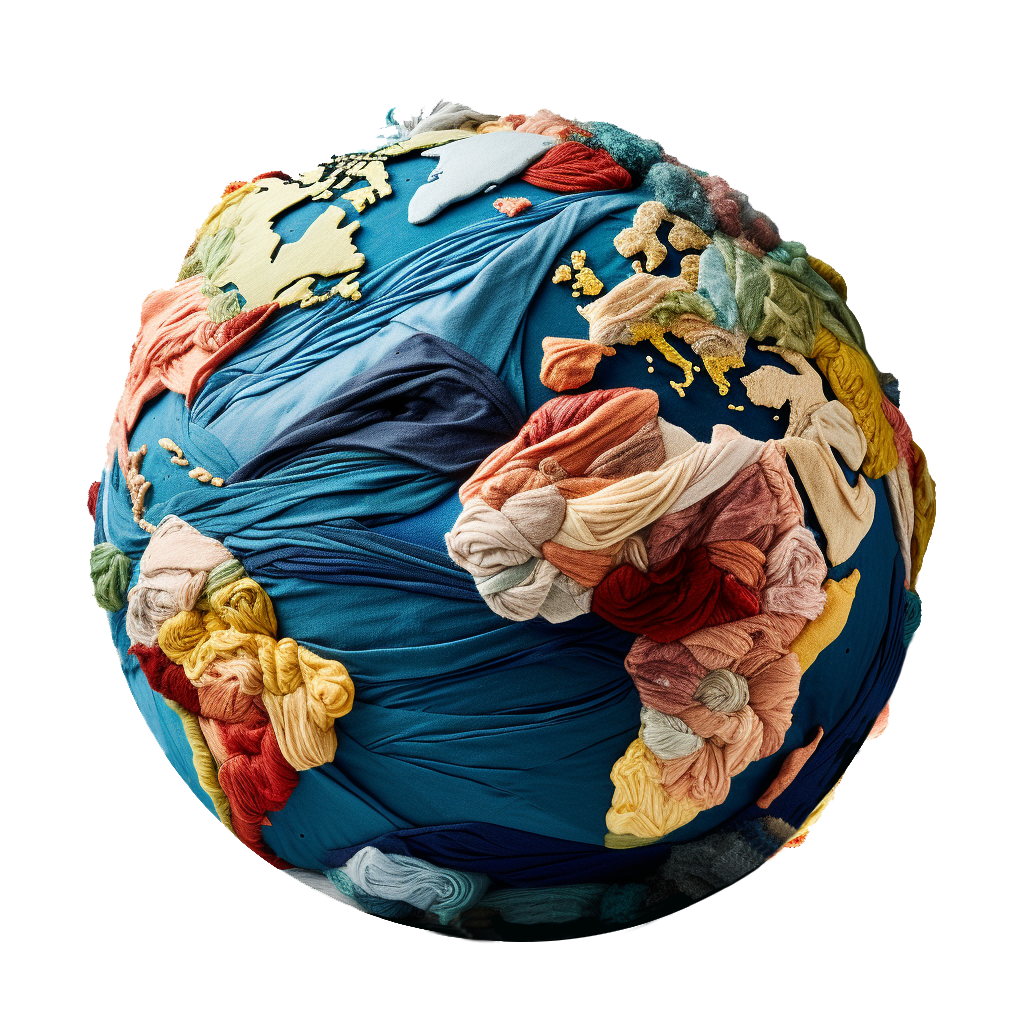Why Is Sustainable Fashion So Expensive?
Apr 29
“Sustainable fashion” is expensive for many reasons, as the costs for brands in the space can increase based on a number of factors, including:
-Research and development
-Higher-quality and more eco-friendly materials
-Lower-impact and smaller-scale production processes
-Ethical labor practices
-Transparency and certifications
But the real reason why “sustainable fashion” is expensive is because we think of it as something we buy… But that’s not how we should think about or approach what we wear.
Rather, we should think about sustainability in terms of our personal style, and how our personal style can be the most sustainable form of fashion. I refer to this concept as “sustainable style.”
Sustainable style is preferable to sustainable fashion because it’s not only infinitely more affordable, but it’s also way more personal and relatable; by practicing this concept you’ll be able to create a wardrobe that is high-quality and unique, and that you absolutely love.
Sustainable fashion is perceived as something you “have” to buy, while sustainable style refers largely to what you already own and doesn’t require money. Also, regardless of how “sustainable” or “ethical” a new product is, “the most sustainable garment is the one you already own.” (Orsola de Castro); indeed, there really isn’t much on the market today that you can buy that will have a net positive impact on the planet, even if they do all the things.
One of the great, yet problematic, aspects of fashion is that it’s always going to change and evolve. You too will most likely evolve, but the essence of who you are will largely stay the same… And that’s why style matters so much. Style is about you, your identity, and your inherent value; who you are and what you wear shouldn’t change because of what other people may think is “in” or “out.” Rather, over the course of our lifetimes we need to figure out who we are, what we like, and how to build and care for a wardrobe that will last a lifetime. Our wardrobes should be investments, because you (and I) are worth it!
-Higher-quality and more eco-friendly materials
-Lower-impact and smaller-scale production processes
-Ethical labor practices
-Transparency and certifications
But the real reason why “sustainable fashion” is expensive is because we think of it as something we buy… But that’s not how we should think about or approach what we wear.
Rather, we should think about sustainability in terms of our personal style, and how our personal style can be the most sustainable form of fashion. I refer to this concept as “sustainable style.”
Sustainable style is preferable to sustainable fashion because it’s not only infinitely more affordable, but it’s also way more personal and relatable; by practicing this concept you’ll be able to create a wardrobe that is high-quality and unique, and that you absolutely love.
Sustainable fashion is perceived as something you “have” to buy, while sustainable style refers largely to what you already own and doesn’t require money. Also, regardless of how “sustainable” or “ethical” a new product is, “the most sustainable garment is the one you already own.” (Orsola de Castro); indeed, there really isn’t much on the market today that you can buy that will have a net positive impact on the planet, even if they do all the things.
One of the great, yet problematic, aspects of fashion is that it’s always going to change and evolve. You too will most likely evolve, but the essence of who you are will largely stay the same… And that’s why style matters so much. Style is about you, your identity, and your inherent value; who you are and what you wear shouldn’t change because of what other people may think is “in” or “out.” Rather, over the course of our lifetimes we need to figure out who we are, what we like, and how to build and care for a wardrobe that will last a lifetime. Our wardrobes should be investments, because you (and I) are worth it!

LAND AND LABOR ACKNOWLEDGEMENT
Reforme U is currently based in what is known as the United States and wants to acknowledge the unceded land that it currently occupies in order to help decolonize spaces, recognize indigenous stewardship of the land, air, and water we claim as our own, and to combat the invisibility and erasure of Indigenous peoples.
We also acknowledge that much of our country’s culture, economic growth, and development throughout history has been made possible by the violent, coercive, and exploitative forced labor of indigenous peoples, enslaved Africans, Chinese, Japanese, and Indian immigrants, and migrant workers from the Philippines, Mexico, and Central and South America.
Copyright © 2025 by Reforme U. All rights reserved.

